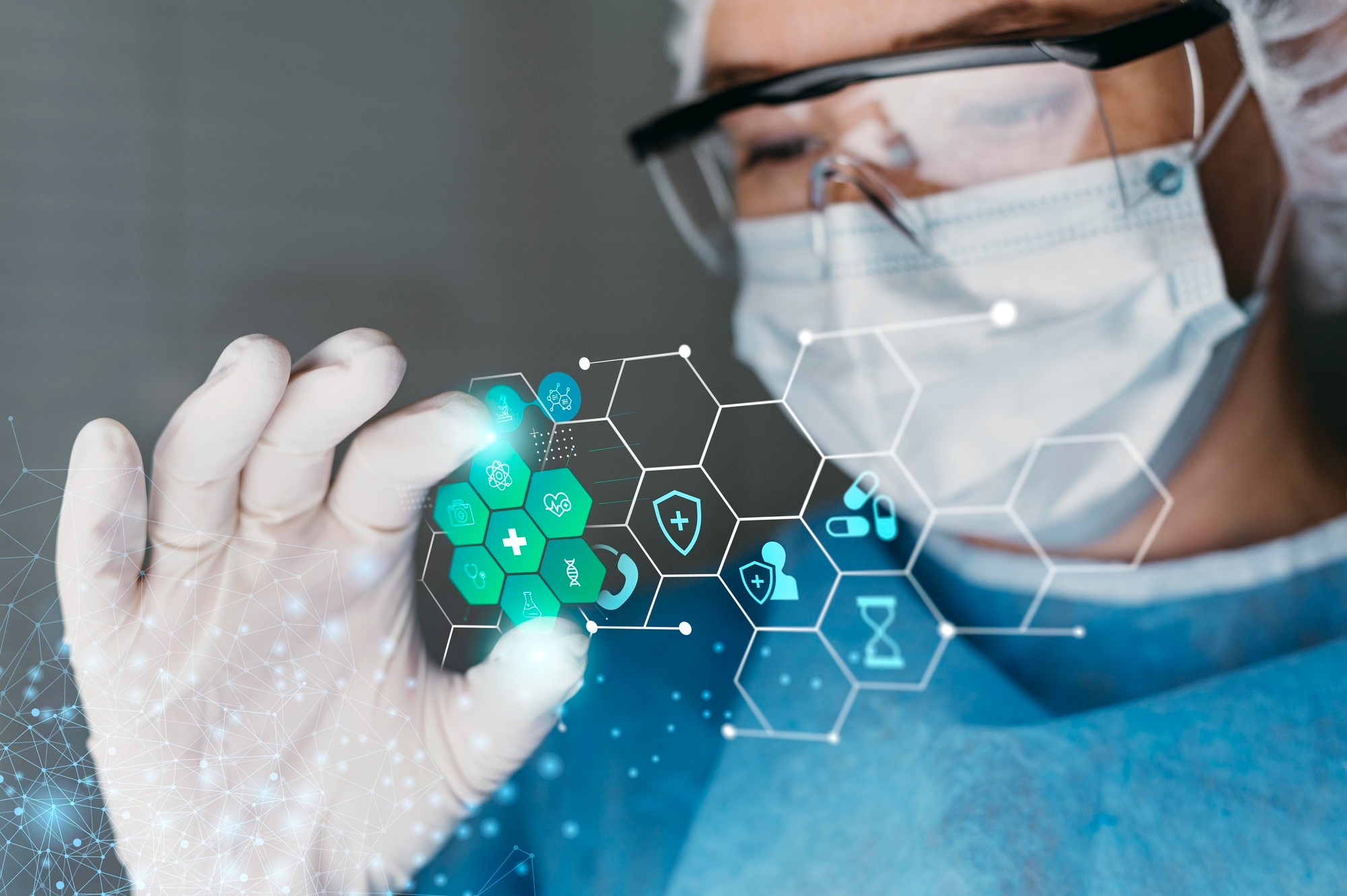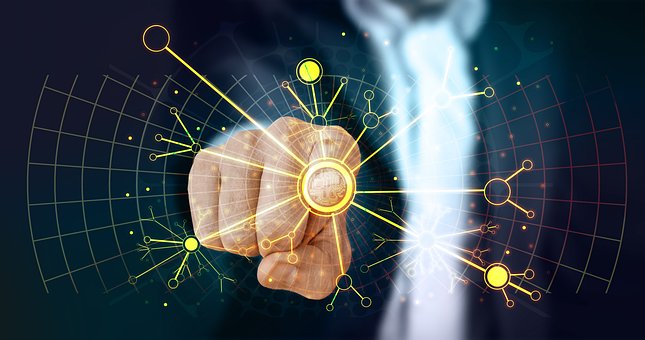



The use of machine learning (ML) and Artificial Intelligence (AI) technologies to extract valuable insights can enhance their precision, offering healthcare professionals quicker and more reliable warnings.
AI has significantly transformed the experiences of patients, physicians, and healthcare administrators by alleviating workloads and achieving tasks in a fraction of the time and cost.
The pandemic undeniably brought about major shifts in our daily lives, leading to increased reliance on medical technology and personnel. Our modern healthcare system faced substantial challenges as it sought solutions and strategies. Fortunately, leveraging AI to create intelligent systems and workflows made healthcare more accessible, efficient, and equitable when it was most needed.
The healthcare industry encompasses a wide range of sectors that deliver goods and services to patients. This includes rehabilitative medicine, palliative care, treatment of illnesses, and preventive measures.
Artificial Intelligence refers to the simulation of human intelligence processes by machines, especially computer systems. It encompasses various applications, including expert systems, natural language processing, speech recognition, and machine vision.
There’s no doubt that medical science is captivating the attention of researchers today. The remarkable pace of advancements in this field is largely fueled by technology, particularly AI, which offers new avenues for improving lives and reducing stress. An increasing number of healthcare professionals are pursuing MBAs in Artificial Intelligence to delve into advanced machine learning concepts and decision tree algorithms beneficial in medicine. If you’re intrigued by AI, consider enrolling in an AI course!
According to Insider Intelligence, administrative tasks comprise 30% of healthcare expenses. Many of these tasks—like verifying insurance eligibility, tracking overdue bills, and maintaining records—can be automated through AI, easing the burden on medical staff and ultimately saving costs.
An AI system developed by Google’s DeepMind and the National Health Service (NHS) can detect neck cancers and interpret eye tests, indicating that early patient detection is possible. Essentially, AI can help minimize the number of visits necessary to see a doctor, providing more dependable treatment recommendations. Healthcare will essentially be more accessible than ever.
Predictive modeling enhances medical choices and interventions while aiding in task prioritization. Improving treatments requires the integration of vast health data with timely and relevant decisions.
AI is also making strides in recognizing patterns to identify individuals at risk of developing or worsening health conditions based on various lifestyle, environmental, or genetic factors.
Only critically ill patients are admitted to a hospital’s intensive care unit. When their condition worsens, medical staff must act quickly to save lives. Advances in AI would allow for the automation of emergency care support, freeing up healthcare providers to attend to more pressing issues using smart technologies such as temperature sensors, moisture detectors, and pulse monitors.
One of AI’s most promising advantages is its capability to promote wellness and reduce the demand for medical intervention. Tech programs and applications support individuals in maintaining a healthy lifestyle and inspire them to make better choices, empowering users to take charge of their physical and mental health.
It’s common knowledge that hospitals can only staff a limited number of doctors and nurses for patient examinations and diagnostic tests. Consequently, busy hospitals often lead to long waiting lines. However, the integration of ambient intelligence systems can automate initial patient assessments, thus significantly decreasing wait times.
AI can support healthcare providers in adopting a holistic approach to disease management, coordinating treatment plans, and helping patients manage their ongoing care routines, while also identifying those at risk of severe health events.
AI enables learners to participate in realistic simulations, far beyond the capabilities of traditional algorithms. Thanks to advancements in natural language processing and AI’s ability to quickly access vast amounts of data, training scenarios can adaptively challenge learners in ways that human instructors may not. Moreover, the training program can refine itself based on the user’s past answers to continually meet their learning needs.